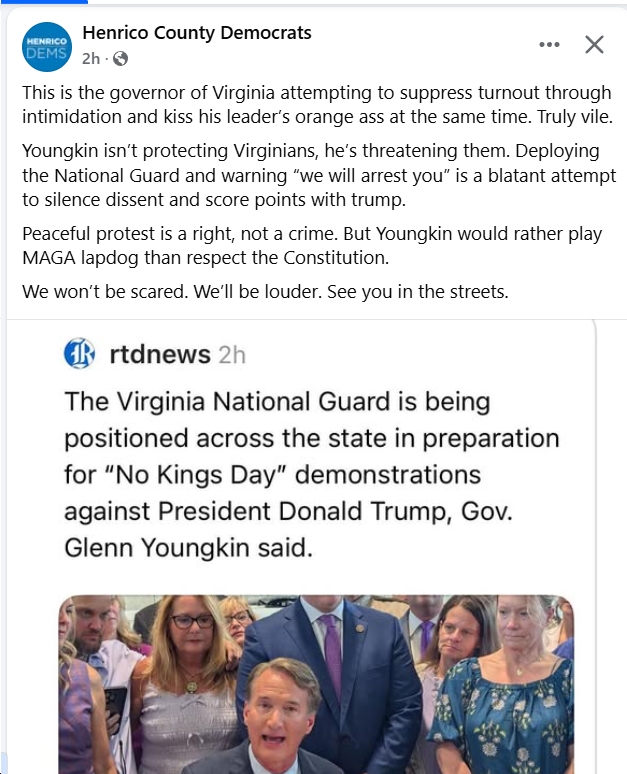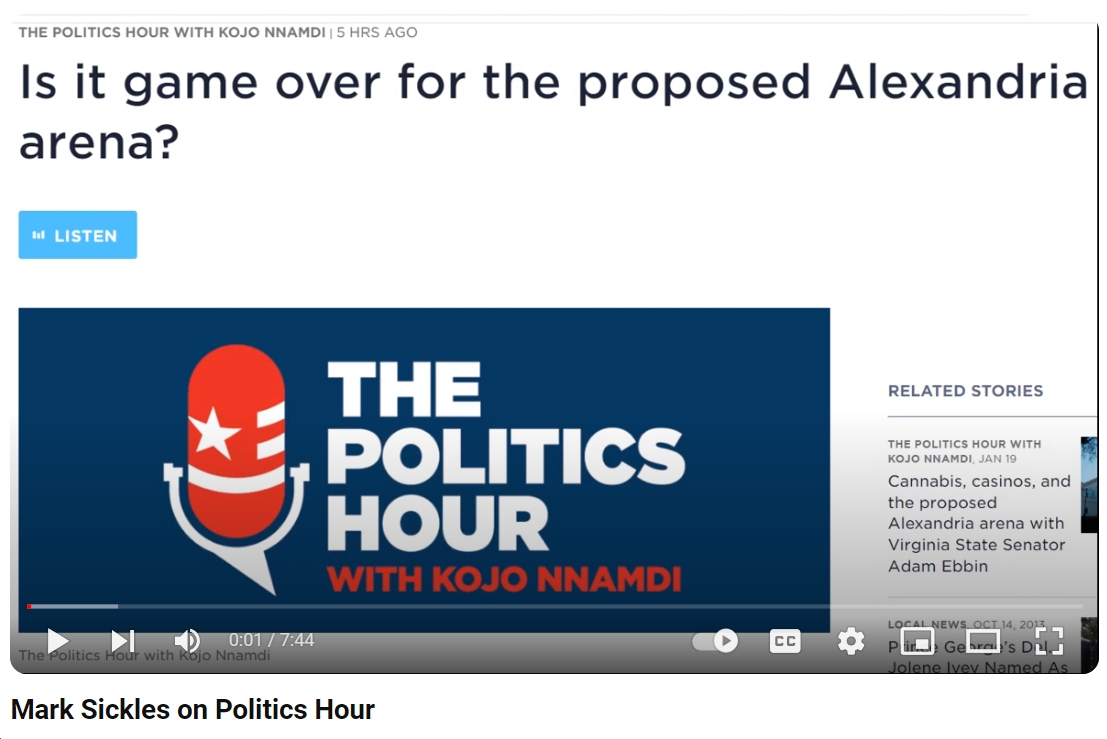( – promoted by lowkell)
 by Paul Goldman
by Paul Goldman
Conservatives seem convinced the national polls are significantly OVERSTATING the actual voter support for President Obama. But what if the real story is the exact opposite: what if the polls actually are UNDERSTATING voter support for the President?
The OVERSTATING claim has become a mantra on the right. Some conservative talk show hosts, blog posters, and newspaper columnists even suggest the pollsters, along with those paying for the allegedly “neutral” surveys, are in league to create a bandwagon effect aimed at keeping Romney voters home on election day, as well as pushing undecided voters to the President since they may want to vote for the “winner.”
Whatever floats your boat.
BUT: There is better historical evidence to suggest the national polls may be UNDERSTATING support for Obama’s re-election. The national polls basically are showing a 3-4 point Obama lead on average. As an historic marker, the national polls have proved a better barometer of the ultimate electoral college outcome than the state by state polls, which is admittedly counter-intuitive since electors are allocated by state results. But it is what is, so we will use the national polls.
There have been only two incumbent Presidents in the history of the modern two-party system who won a first term with a higher percentage of the popular vote than candidate Obama, and then lost a re-election bid four years later. Of the 10 President’s winning a second elected term – Lincoln, Grant, McKinley, Wilson, FDR, Ike, Nixon, Reagan, Clinton, and W – EVERY SINGLE ONE received a higher percentage of the popular vote the second time.
Admittedly, the Lincoln, Wilson, Nixon, Reagan and Clinton re-election campaigns didn’t face the same intense three-way, even four-way contests the second time. But pundits sensed an increase in their base support, as was self-evident in the other five presidential re-elects.
The point being: There may very well be a tipping point in presidential re-election campaigns. Once the public decides, to use Lincoln’s phrase, not to “switch horses in midstream”, there may be a move toward the incumbent by those: a) who voted for him last time but had remained lukewarm; b) who had voted against him the last time but see him now as the lesser of the evils when compared to an unimpressive challenger; and c) new voters who have trended strongly Democratic in recent years.
Bottom statistical line: The trend toward Obama in the last few days may indicate this tipping point is approaching in the form of next week’s presidential debate.
Right now, the polls are likely reflecting lukewarm 2008 Obama voters starting to return to the President after a far amount of time being unhappy and hoping to get comfortable with Romney. The polls still show a considerable amount of unhappiness with the economy, along with the direction of the country. These feelings have always been projected onto the incumbent.
Four months ago, two months ago, they provided an opening for the GOP presidential candidate. But as I have previously written, the level of voter discontent relative to economic issues with the incumbent in 2012 is not as great as other elections where the perceived state of the country led to the defeat of the sitting president.
There is statistical evidence that among a group of dispirited 2008 Obama voters, their unhappiness with the president has diminished to a considerable degree, turning them into 2012 Obama supporters now. Could this change?
Sure, their commitment is reluctant albeit real. But given they spent months trying to feel comfortable with Romney – and could not – the former governor will have to do in the next six weeks what failed do for the last six months.
Likely? Not historically.
In terms of statistics, the best argument against the UNDERSTATEMENT thesis is the historic fact that in the last week, undecided voters are swung strongly toward the challenger. There is thus a built-in pro-Romney move among some percentage of voters due by election day. But what about the next five weeks of the remaining six? By the time Romney gets that built-in move, could the President have pulled so far ahead on a net-net basis, his national voter margin will exceed the current 3-4% anyway?
On an historical basis, the answer is: Unless Romney can up his “game”, there is a strong historic case to be made that President Obama has a real shot at approaching if not exceeding his roughly 7-percentage-point margin in 2008.
As a statistical matter, it could, of course, be said that given the margin of error in polling, a 3-4% lead doesn’t preclude the margin being 7% right now. So in that sense, I suppose you can’t say these surveys are therefore UNDERSTATING HIS SUPPORT if this indeed is the final outcome.
But from where the numbers stand now as reported, a final winning 7% margin is an significant increase from 3-4%.
Bottom line: The conservatives have a point in saying the polls do seem to reflect a return to a 2008 turnout model, which had high Democratic excitement and lackluster GOP interest. This has not been the expected relative performance this year. But even if they are correct in saying their side is going to vote far bigger in 2012, it still doesn’t answer history’s question: Why have all of the re-elected Presidents done better the second time in terms of getting a higher percentage of the popular vote?
If the 2008 Obama voter returns, as is happening this month so far; if Romney has alienated lukewarm pro-McCain voters who weren’t driven by anti-Obama feelings; and if the GOP nominee has also turned off new registrants – then history says the President has a decent shot at growing his vote over where it stands now.
Did this seem likely before the party conventions?No. But is it now a possible scenario as the candidates head into their first debate? Increasingly so.
As readers of Politico.com know, I said last year that Romney was a sure loser should he get the GOP nomination. So far his campaign is following precisely the path predicted back then. It is mind-boggling to see the basic prediction play out when for so long it seemed Romney would defy history in that regard.
If Romney insists on playing out my 2011 prediction, then the current polls could easily be be UNDERSTATING the Obama’s popular vote percentage come election day.
















